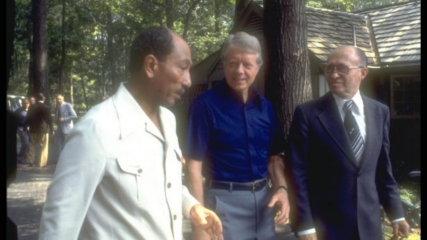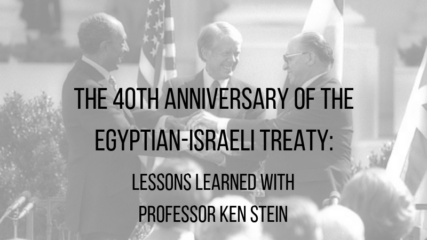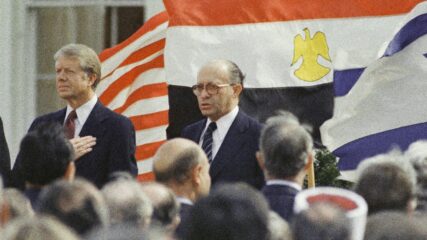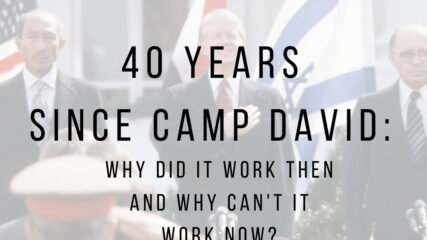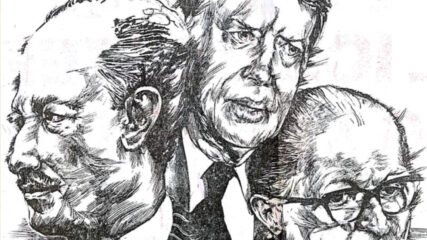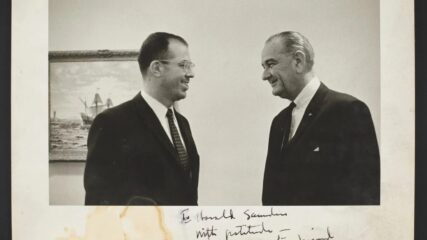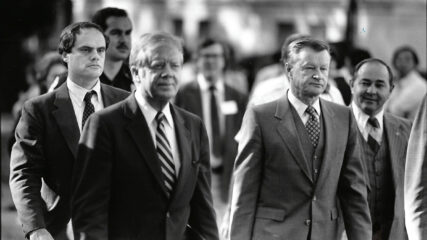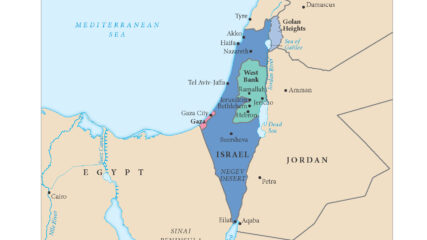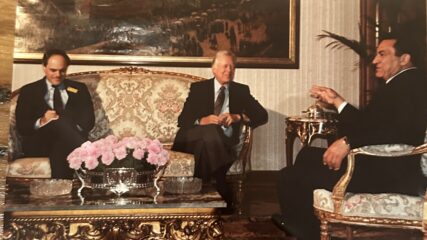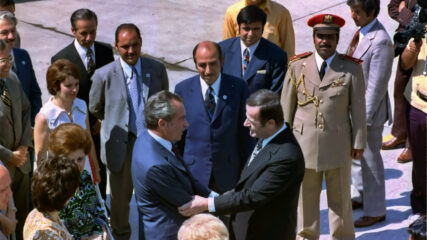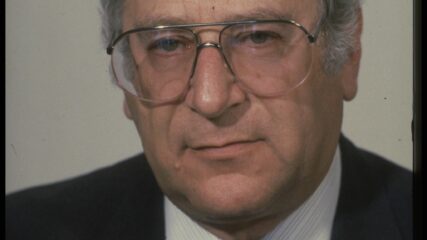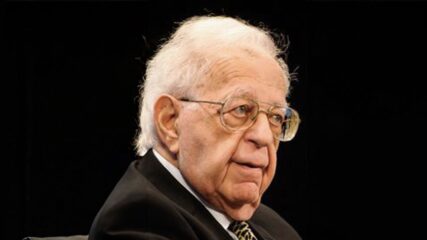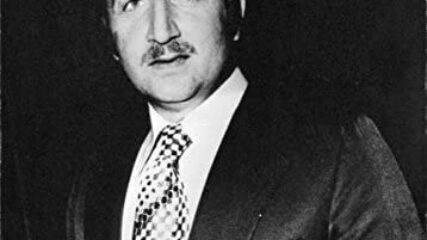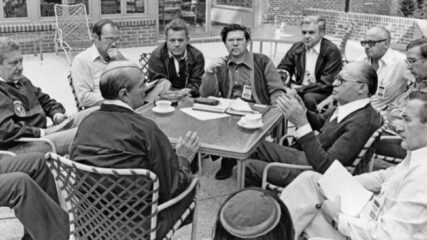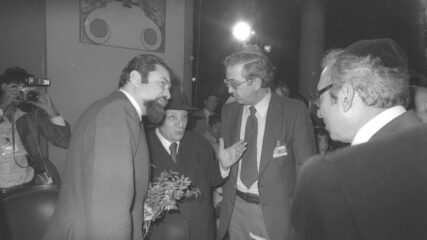With a keen memory to detail, Nicholas Veliotes engaged an array of American and Middle Eastern political leaders. This interview is laced with charming and enthusiastic candor as he served in American diplomatic positions from 1973 to 1986 in Tel Aviv, Washington, Amman and Cairo. He was present when sensitive U.S. policies were debated and operationalized. His assessments of Kissinger, Sadat, Meir, Nixon, King Hussein, Brzezinski, Carter, Vance and a whole panoply of Israeli officials bubble with content; the vignettes he shares about Nixon and Brzezinski are priceless. In the late 1970s and early 1980s, Veliotes, along with Morris Draper, Hermann Eilts, American consuls general in Jerusalem and other U.S. officials failed in repeated attempts to secure PLO leader Yasser Arafat’s participation in the diplomatic process.

